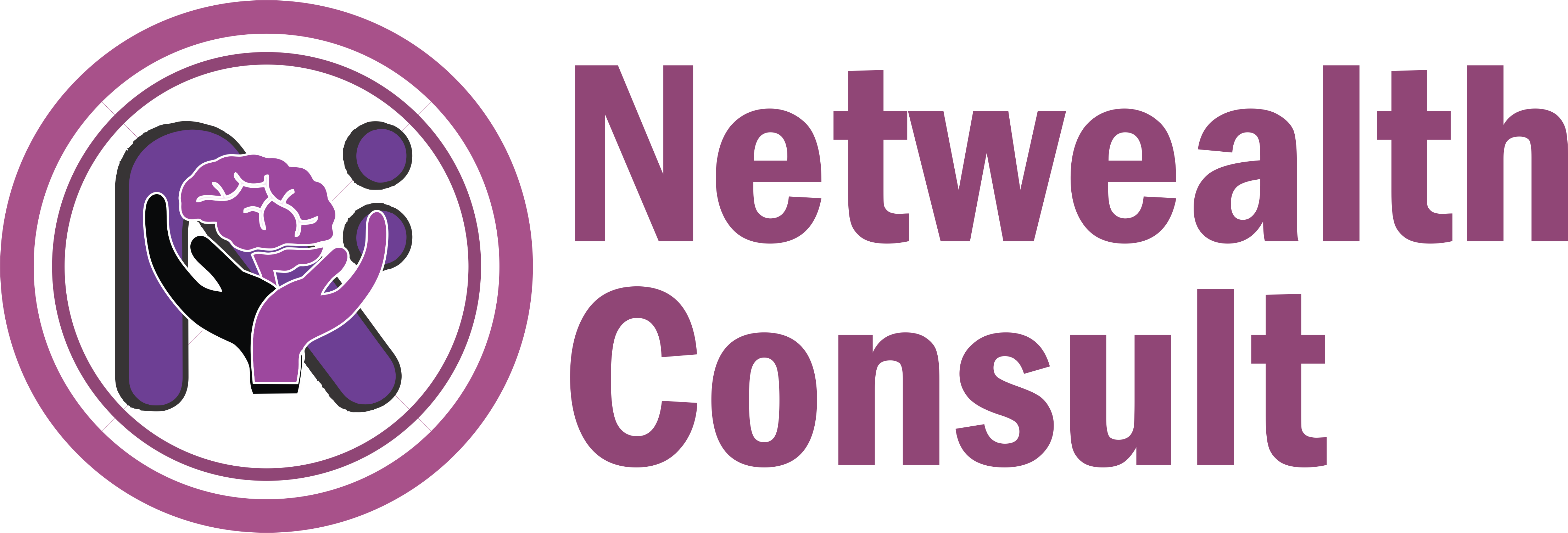
When Yinka’s younger brother, Tunde, was first admitted for rehabilitation following years of struggling with substance use, her family was torn between hope and exhaustion. Their parents had spent countless nights worrying, while Yinka herself felt resentment building after years of broken promises and financial strain.
At first, Tunde felt alone believing that no one in his family truly understood his pain. But over time, something shifted. Peace began attending family therapy sessions. Instead of accusations, she offered words of encouragement. His parents learned to replace shame with empathy. Gradually, their home transformed from a battlefield into a space of healing.
Tunde’s journey was not easy, nor was it linear. But the shift in his family’s approach from frustration to understanding became one of the strongest pillars of his recovery.
This story reflects the lived experiences of countless individuals struggling with substance use and mental health challenges. It also highlights a profound truth recognized in psychology: family support can either nurture recovery or hinder it.
The Psychology of Recovery: Why Family Matters
Psychologists have long understood that humans are deeply social beings. Our mental health, resilience, and coping mechanisms are shaped not only by individual factors but also by the environments we live in. For people recovering from substance use disorders or mental health conditions, the family is often the most influential environment.
Research grounded in family systems theory suggests that an individual’s struggles cannot be viewed in isolation; instead, they are interconnected with family dynamics. Patterns of communication, unresolved conflicts, and even unspoken expectations within the household can either reinforce destructive behaviors or promote healing.
From a recovery perspective, family support can provide:
- Emotional stability: Love, encouragement, and empathy foster motivation.
- Practical assistance: Help with finances, transportation, or caregiving responsibilities.
- Accountability and structure: Healthy boundaries and expectations that reinforce positive change.
- Shared growth: Families that engage in therapy often heal alongside their loved one.
Yet, when support turns into enabling, criticism, or stigma, the same family environment can undermine progress.
Support That Builds Recovery
- Open Communication
Many individuals with substance use disorders carry deep feelings of shame. When family members approach conversations with empathy rather than blame this create space for honesty and vulnerability. - Education about Addiction and Mental Health
Families often misunderstand addiction, seeing it as weakness or moral failure. By learning about the biological, psychological, and social aspects of substance use, they begin to replace judgment with compassion. - Involvement in Therapy
Family therapy is not about pointing fingers; it’s about uncovering patterns that contribute to stress and finding healthier ways of relating. Studies show that when families are actively involved in rehabilitation, recovery rates improve significantly. - Consistency and Boundaries
Supportive families understand the balance between love and limits. Clear boundaries; such as refusing to fund destructive behaviors while still offering emotional presence helps the recovering individual develop responsibility.
When Family Support Breaks Recovery
Unfortunately, not all family interactions are helpful. Sometimes, even well-intentioned behaviors can derail progress.
- Enabling Behavior: Covering up mistakes, providing money that fuels addiction, or shielding the individual from consequences may unintentionally prolong dependence.
- Criticism and Stigma: Harsh words like “weak,” “hopeless,” or “failure” deepen feelings of worthlessness, which are already central to addiction and depression.
- Unresolved Trauma: Families with histories of abuse, neglect, or dysfunction can unintentionally re-trigger old wounds, making recovery more difficult.
- Denial: When families refuse to acknowledge the seriousness of the disorder, they prevent necessary intervention.
Recovery requires honesty, and denial whether from the individual or their loved ones can be one of the most dangerous obstacles.
A Psychology-Based Framework for Families
Psychologists often use the Stages of Change Model by Prochaska & DiClemente, (1983) to explain recovery. Families can play a role at every stage:
- Pre-contemplation: Loved ones may not see a problem. Here, families can gently raise awareness without confrontation.
- Contemplation: Ambivalence grows. Supportive listening helps the individual weigh pros and cons.
- Preparation: Small steps begin. Families can encourage practical planning—like scheduling therapy.
- Action: This is where structured support and accountability matter most. Families should reinforce progress and attend sessions when invited.
- Maintenance: Relapse prevention strategies are strengthened by ongoing encouragement.
- Relapse: Rather than punishment or rejection, families who respond with empathy and renewed support help shorten the relapse period and restore hope.
Healing Beyond the Individual
One of the most overlooked truths in psychology is that recovery transforms not just the person, but the family itself.
- Parents learn to let go of control and embrace compassion.
- Siblings rediscover bonds through empathy.
- Children benefit from seeing cycles of pain replaced with healing.
Family support is not only about helping someone recover it’s also about breaking generational cycles of trauma, misunderstanding, and silence.
A Call for Compassion
Recovery from substance use and mental health struggles is not an individual journey, it is a collective one. Families can be lifelines or barriers. They can unintentionally deepen wounds or become instruments of healing.
What psychology teaches us is clear: the most effective support comes from a place of understanding, empathy, and balance.
Tunde’s story reminds us that no one recovers in isolation. With the right kind of family involvement, the chains of addiction and mental illness can be broken not only for one person but for entire families.
If you want to speak to a therapist you can call these numbers
08036770092 or 08034753131
Reference
Prochaska, J. O., & DiClemente, C. C. (1983). Stages and processes of self-change of smoking: Toward an integrative model of change. Journal of Consulting and Clinical Psychology, 51(3), 390–395
